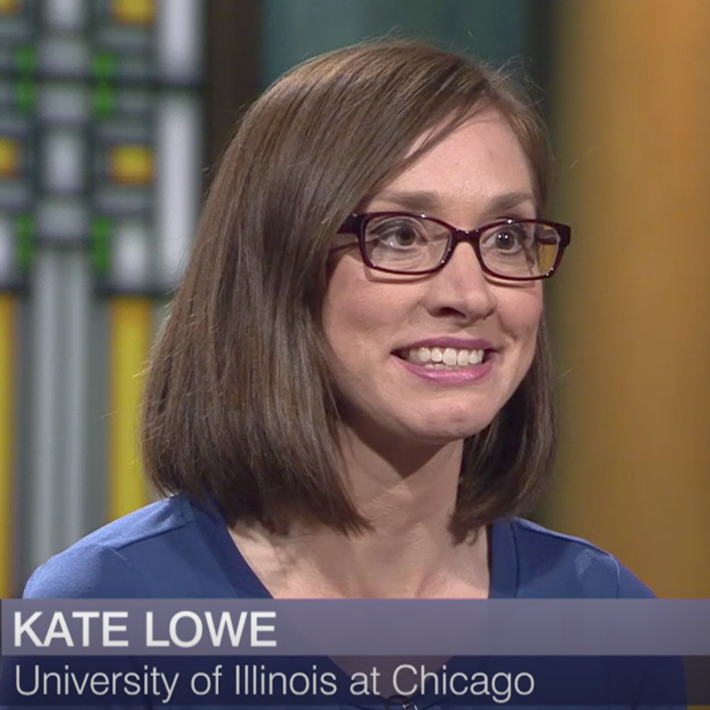Update 7/31/19, 10 AM: According to Illinois Department of Public Health spokesperson Melaney Arnold, the department has received reports of 129 Chicago emergency room visits for scooter-related injuries between June 15 (the start of the pilot) and July 29. "Almost all references were to e-scooters."
As part of our campaign to keep Streetsblog readers informed about the the pros and cons of dockless electric scooters during the city's four-month pilot, we've been checking in regularly with hospitals in or near the West and Northwest side pilot area to ask how many scooter injury cases they've seen. Here are the latest figures:
Chicago e-scooter injuries since the 6/15/19 pilot launch, reported by hospitals in/near the pilot zone:
- Saints Mary and Elizabeth Hospitals (Wicker Park): 19 ER visits
- Rush Hospital (Illinois Medical District): 2 patients requiring surgery
- Mount Sinai Hospital (North Lawndale): 3 ER visits
- Cook County Hospital (Illinois Medical District) 4 ER visits, one patient requiring surgery
- University of Illinois Hospital (Illinois Medical District): No ER Visits
- Northwestern Hospital (Streeterville): 6 ER visits as of July 3. According to a spokesperson, NWU will not be releasing further scooter injury data, stating, "We've been getting a lot of calls and this is not a priority for us."
Total: At least 34 scooter injury cases, or about five per week.
Meanwhile, yesterday UIC urban planning professor Kate Lowe appeared on WTTW's "Chicago Tonight" talk show to discuss the technology with host Phil Ponce. (After all, Streetsblog reporters can't be the only pundits to discuss scooters on the program.)
Watch Professor Lowe on "Chicago Tonight" here. Here are a few memorable quotes from Lowe's appearance:

When asked about the safety challenges facing scooter riders Lowe responded, "The infrastructure in the city does not support, as much as we like, modes that are safe, other than the automobile." She noted that potholes are hazard for small-wheeled scooters, and riders would benefit from expanding the number of bike lanes, especially protected lanes.
Lowe indicated that she hasn't tried riding an e-scooter yet on unprotected streets because she has concerns about safety. However, she noted that the rate of injuries to, and infractions by, scooter riders may be high tight now partly due fact that the program is still a pilot, and users are still learning the ropes. She added that it's possible that the technology has inherent safety issues, as well as reiterating the need for better infrastructure.
Asked by Ponce whether she believes scooters will be part of Chicago's longterm transportation mix, Lowe responded:
We need to respond to the desire for more mode options, and I think scooters can be part of that, but we need to not rush to scale up. We need to focus on the big picture. There are 1.5 million rides a day on CTA versus 8,000 trips via scooter. So when we talk about transportation, we need to think about all those who are affected by transit systems, not just our (e-mobility) trips. But, if it makes people happy and can be part of this larger conversation about increasing safety, choice, sustainability, and equity, then let's have that conversation.




